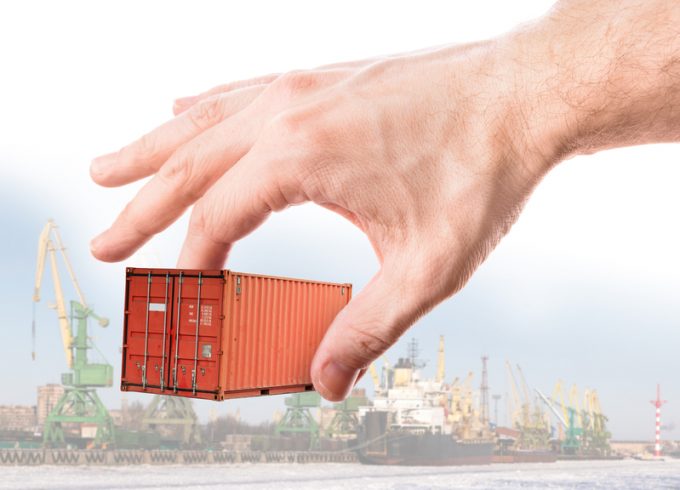Cargo consolidators turn to FCL as global market dynamics change

Indian cargo consolidation service leader Allcargo, the parent company of ECU Worldwide, has shifted its focus to full-containerload (FCL) bookings due to a decline in the less-than-containerload (LCL) market. Allcargo saw a 4% decrease in LCL volumes in September, prompting the company to adjust its business strategies. While some companies, like DSV, are still experiencing strong LCL demand, other Indian freight forwarders are also seeing a slowdown. Shippers are opting for FCL shipments due to lower freight rates and faster transit times. The India-Europe tradelane has been particularly impacted by this trend.
Source: Link
Frequently Asked Questions
Cargo Consolidators Turn to FCL as Global Market Dynamics Change
1. Why are cargo consolidators turning to FCL?
Cargo consolidators are turning to FCL (Full Container Load) as global market dynamics change because ocean capacity far outstrips demand, and the acute equipment and vessel space scarcity problems are fading in some regions. [Source: The Loadstar]
2. What is FCL in the context of cargo shipping?
FCL stands for Full Container Load. It refers to a shipping arrangement where a cargo consolidator or shipper fills an entire shipping container with their goods. It is commonly used for larger shipments that require a full container for transportation. [Source: Maersk]
3. How does FCL benefit cargo consolidators?
Cargo consolidators benefit from using FCL because it allows them to have more control over the entire shipping process and reduces the risk of damage or loss since the container is dedicated to their goods. It also provides more flexibility in terms of scheduling and delivery timeframes. [Source: The Loadstar]
4. What are the advantages of using FCL for cargo shipping?
Some advantages of using FCL for cargo shipping include faster transit times, reduced handling and transshipment risks, and greater security and protection for the goods being transported. It also provides more flexibility in terms of loading and unloading locations. [Source: Maersk]
5. Are there any risks involved in cargo consolidation using FCL?
While FCL offers advantages, there can still be risks involved in cargo consolidation using FCL, such as the cost of renting and filling an entire container, potential delays in finding a suitable container, and the responsibility of ensuring the container is properly loaded and secured. It is essential for cargo consolidators to carefully plan and manage their FCL shipments. [Source: Inbound Logistics]
Please note that the answers provided are based on the information from the search results and may not cover all possible aspects of the topic.

